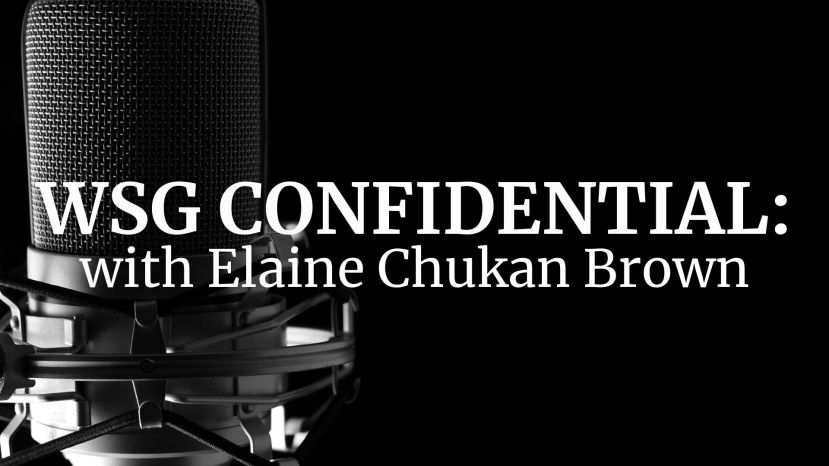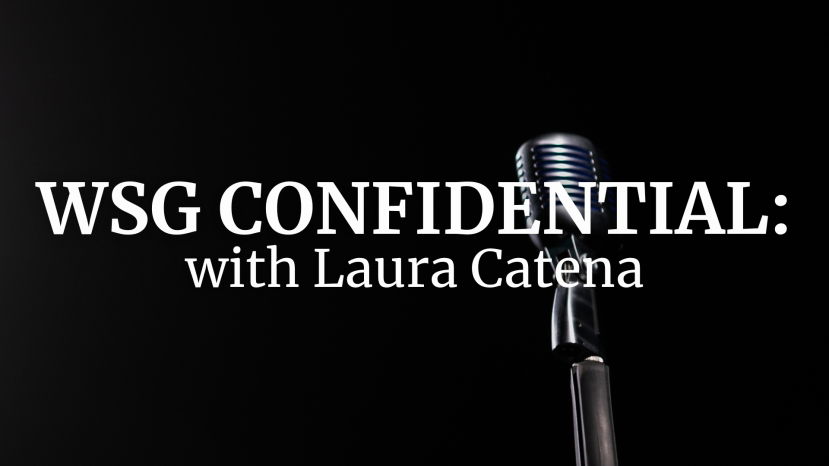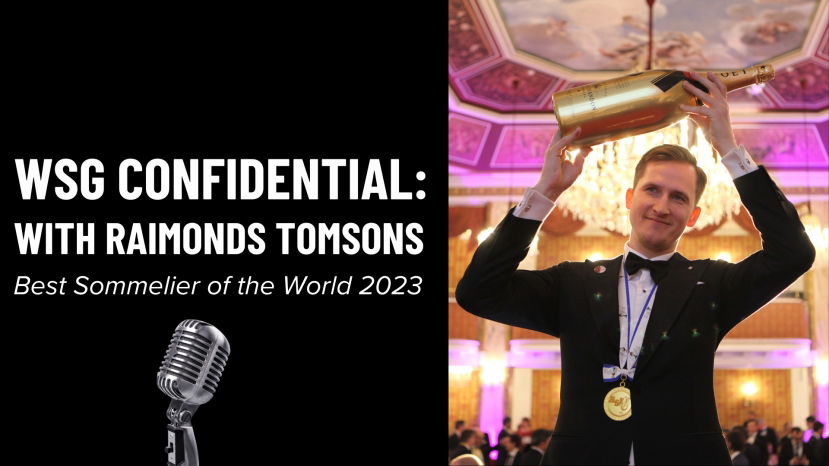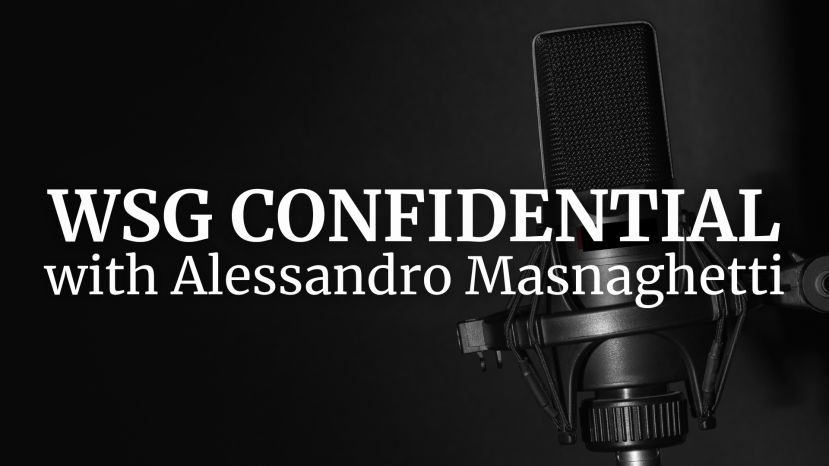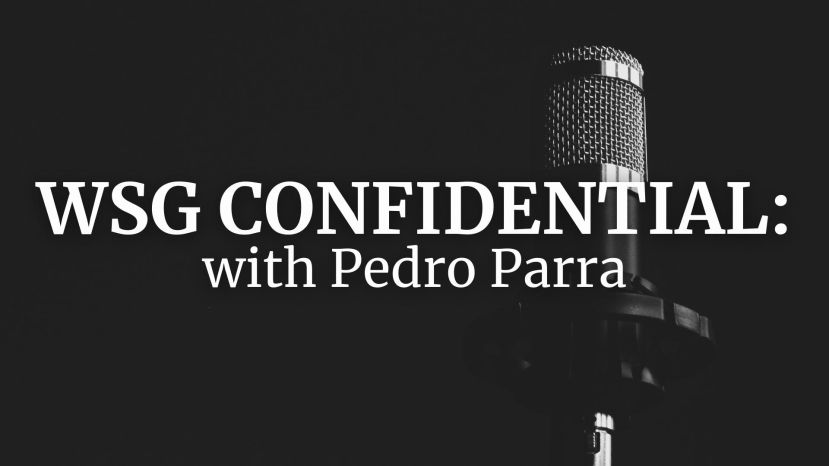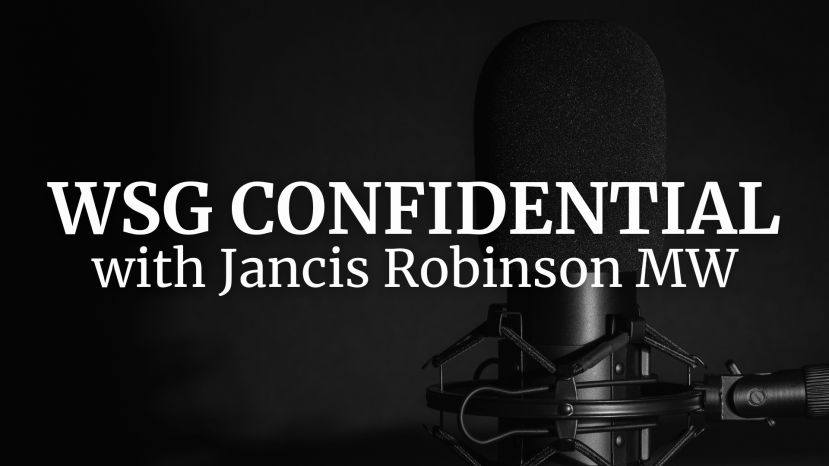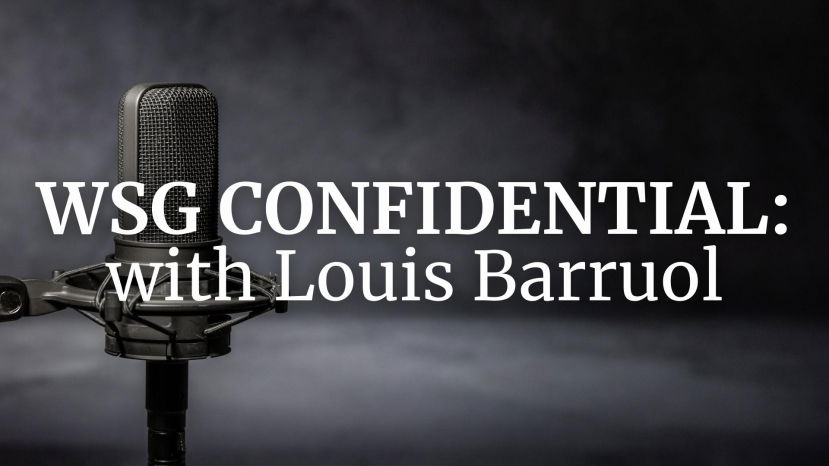BLOG
Andrew Jefford
Summary: Join WSG Academic Advisor Andrew Jefford as he welcomes Elaine Chukan Brown, Executive Editor US for
Summary: Join WSG Academic Advisor Andrew Jefford as he talks to Laura Catena, Managing Director of Catena Zapata, one of contemporary Argentina’s most celebrated and innovative wine-creating companies.
Join WSG Academic Advisor Andrew Jefford as he talks to Raimonds Tomsons, the Best Sommelier of the World, 2023. This year was Tomson's fourth attempt: he first competed as Latvian candidate in 2010 and then again in 2016 (when he came seventh). Third place in 2019 proved to be the perfect springboard for the first post-Covid competition, which took place in Februrary
Summary: As Hugh Johnson first grasped in the late 1960s, there is no greater tool to wine understanding than fine cartography: the chance to read a landscape from a single sheet of paper. More and more wine regions around the world, moreover, are now refining the manner in which both growers and producers are able to express terroir via geological and topographical surveys, and high-quality mapping is an essential adjunct
Summary: Our fifth edition of WSG Live features the Chilean terroir consultant Dr. Pedro Parra. Join Andrew Jefford for a passionate discussion about Pedro's work and his ideas surrounding terroir! Since earning his doctorate in 2004 in Terroirs Viticoles from the Ecole d'Agriculture de Grignon (now part of AgroParisTech), Pedro has travelled the world consulting for many of today's
Summary: There is, arguably, no wine mind more extraordinary, more capacious or better informed than that of Jancis Robinson MW. After university studies in mathematics and philosophy at Oxford, Jancis worked for a short while in the travel business before becoming a wine trade journalist in 1976. Within three years she was the wine correspondent of the Sunday Times, and over the following four decades, her staggering output of journalism, books and media
Summary: WSG Academic Advisor Andrew Jefford welcomes Gigondas appellation President and leading winegrower Louis Barruol of Chateau de Saint Cosme to the latest in our Wine Scholar Guild Live series: an hour of discussion with leading figures in today's wine world. In addition to his groundbreaking work in Gigondas, Louis also knows the length of the Rhone very well via his 'St Cosme' micro-negociant wines -- and he has partnered with Rick Rainey and Justin Boyette to create

